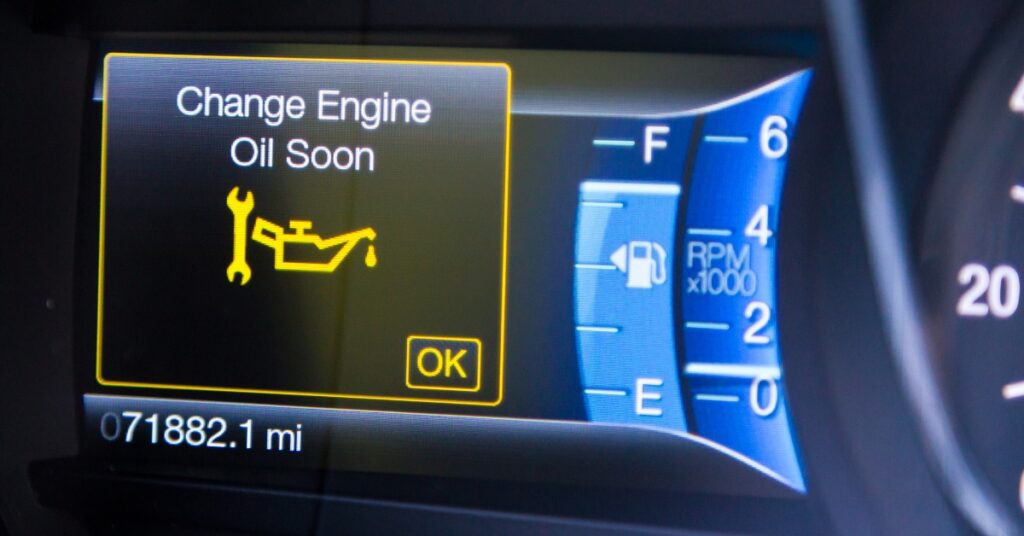
Table of Contents
Skipping an oil change may feel harmless in the moment, but it’s one of the most common forms of car maintenance neglect. Fresh oil keeps your engine clean, cool, and protected – old oil can’t do that. If you’re wondering about the consequences of skipping an oil change, the short answer is higher costs, worse performance, and a shorter engine life.
Why Oil Changes Are Essential
Engine oil does three big jobs:
Lubricates moving parts to prevent metal-on-metal wear,
Cools by carrying heat away from hot components, and
Cleans by suspending contaminants, allowing the filter to trap them.
Over time, heat and combustion byproducts break oil down. It thickens, loses additives, and can’t protect as designed. Routine oil changes restore that protection so your engine runs efficiently and lasts longer.
The Consequences of Skipping an Oil Change
Ignoring oil changes invites wear, heat, sludge, worse MPG, and premature failure. Staying current is simple, affordable, and protects your investment. Let’s take a closer look at these adverse effects on your car when you skip your scheduled oil change.
Engine Wear and Tear Accelerates
Fresh oil lubricates the moving parts of your engine, reducing metal-on-metal contact. Over time, oil breaks down and becomes contaminated with dirt and debris. If you ignore oil changes, the lack of lubrication leads to increased friction, faster wear, and even permanent engine damage. What could have been a quick, inexpensive oil change may turn into the need for a complete engine replacement.
Sludge Buildup Inside the Engine
When oil isn’t replaced regularly, it thickens and turns into sludge. This sludge clogs passages inside your engine, restricting oil flow to critical components like the crankshaft, camshaft, and pistons. As sludge builds up, your engine loses efficiency, struggles to stay cool, and may eventually seize up altogether.
Overheating Becomes More Likely
Oil isn’t just for lubrication. It also helps carry heat away from engine parts. Old, dirty oil loses this ability, making it harder for your cooling system to keep temperatures in check. As a result, ignoring oil changes increases the chance of your car overheating, which can crack the head gasket or warp the cylinder head.
Fuel Efficiency Can Drop
Engines running on dirty, degraded oil have to work harder. This added stress increases fuel consumption, meaning you’ll pay more at the pump. Regular oil changes keep your engine clean and efficient, helping you get the most out of every gallon.
Expensive Repairs Pile Up
At first, skipping an oil change may seem like saving money. But the longer you wait, the greater the risk of costly repairs like replacing gaskets, pistons, or even the entire engine. Routine oil changes are one of the cheapest forms of car maintenance, and ignoring them is one of the most expensive mistakes drivers make.
Oil Changes and Scheduled Maintenance Plans
The best way to stay on top of oil changes is to follow a recommended maintenance schedule. Many shops, including ours, offer 30K, 60K, and 100K mile maintenance plans that include regular oil changes along with other essential services like fluid checks, belt inspections, and brake evaluations. These milestone services are designed to keep your car in peak condition while catching minor issues before they turn into expensive repairs.
Schedule Your Next Oil Change with McCullough NAPA
Neglecting regular oil changes can lead to engine wear, sludge buildup, overheating, poor fuel economy, and expensive repairs. By keeping up with your oil changes and following a 30K, 60K, and 100K mile maintenance schedule, you’ll protect your investment and ensure your vehicle stays reliable for years to come.
